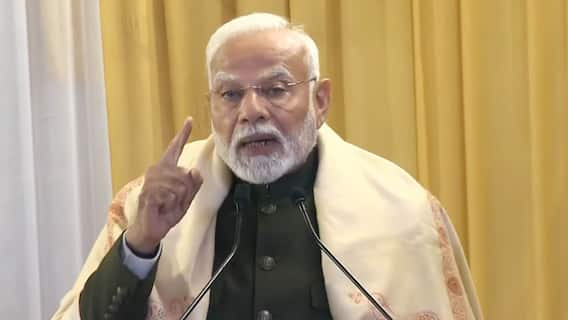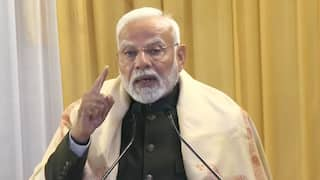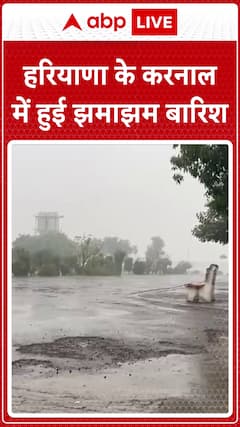Toll-Free Travel: Private Vehicles Can Now Travel Up To 20 Km Daily Under New GNSS Rules
Toll-Free Travel: In July, the Ministry of Road Transport and Highways announced the decision to pilot GNSS-based toll collection systems on selected national highways

Toll-Free Travel: Starting Tuesday, motorists using vehicles equipped with a functional Global Navigation Satellite System (GNSS) will be allowed toll-free travel on highways and expressways for up to 20 kilometres each day, according to a government notification. This change follows an amendment to the National Highways Fee (Determination of Rates and Collection) Rules, 2008, which was made by the Ministry of Road Transport and Highways.
What is GNSS?
Global Navigation Satellite Systems (GNSS) play a crucial role in everyday technology, powering mobile navigation applications like Google Maps and communication systems that we rely on without even noticing. Now, the same technology is being applied to highway toll collection in India.
New Toll Rules and Regulations
Under the updated regulations, now referred to as the National Highways Fee (Determination of Rates and Collection) Amendment Rules, 2024, toll fees will be based on the actual distance travelled, but only for distances beyond 20 kilometres. According to the notification, "A driver, owner or person in charge of a mechanical vehicle, except those with a National Permit, using the same section of a national highway, bridge, bypass, or tunnel, will not be charged a user fee for up to 20 kilometres in each direction daily under the GNSS-based toll system".
ALSO READ | Poor Credit Score? Here's How You Can Still Secure A Personal Loan
The notification further adds that special lanes may be designated exclusively for vehicles fitted with a GNSS On-Board Unit. Any vehicle entering such lanes without the necessary GNSS equipment will face a penalty of twice the normal user fee.
Pilot Programme and Future Plans
In July, the Ministry of Road Transport and Highways announced the decision to pilot GNSS-based toll collection systems on selected national highways. This initiative will operate alongside the existing FASTag system. Union Road Transport and Highways Minister Nitin Gadkari revealed that a pilot project has already been conducted on the Bengaluru-Mysore section of NH-275 in Karnataka and the Panipat-Hisar section of NH-709 in Haryana.
Gadkari also stated that stakeholder consultations were held in an international workshop on June 25, 2024, and a global expression of interest (EOI) was invited on June 7, 2024, to further develop the system. The deadline for submission of proposals was July 22, 2024.
The Road Ahead for Toll Collection
The National Highways Authority of India (NHAI) plans to integrate the GNSS-based electronic toll collection (ETC) system into the existing FASTag ecosystem. Initially, a hybrid model will be employed, where both RFID-based ETC and GNSS-based ETC will operate simultaneously.
The ministry expects the GNSS-based toll system to enhance the efficiency of toll collection, curbing toll evasion and preventing revenue leakages. It is also set to offer a smoother, barrier-free tolling experience, with users paying only for the actual distance they travel on national highways.
Trending News
Top Headlines






































